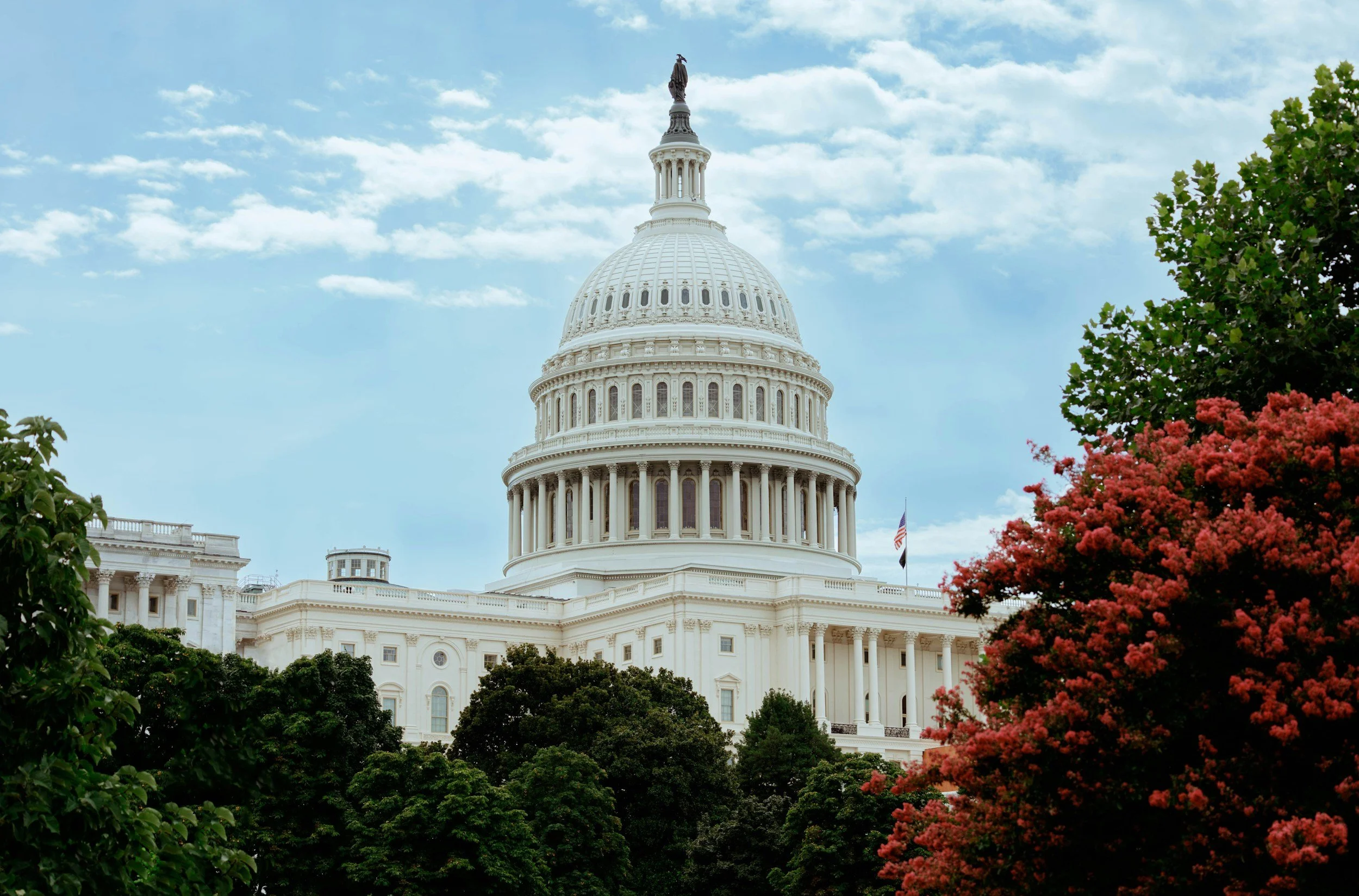Woolworths Upgrades Olive Chatbot to AI Shopping Agent with Google Gemini
Woolworths has announced a significant upgrade to its Olive customer service chatbot, leveraging Google Cloud’s Gemini Enterprise platform to transition the tool into a personalized shopping assistant. The updated Olive will feature "agentic" capabilities, allowing it to perform multi-step tasks such as meal planning and building grocery baskets based on voice inputs or handwritten recipe photos. This report examines the operational changes, data privacy considerations, and commercial neutrality policies governing the new system, as well as how this move aligns with global trends in conversational commerce.
Meta Restructures Reality Labs: VR Studios Cut as Focus Shifts to AI
Meta Platforms is cutting roles in its Reality Labs division and closing several virtual reality game studios as part of a strategic pivot. The restructuring involves discontinuing the Horizon Workrooms service and reallocating resources toward artificial intelligence infrastructure and wearables. These changes aim to address operating losses and align with a broader shift toward AI-driven consumer devices.
UK Fast-Tracks AI Drones & Defence Tech by Cutting Regulatory Red Tape
On January 16, 2026, the UK government expanded the Regulatory Innovation Office's (RIO) remit to prioritize robotics and defence technologies. The announcement includes a new "Front Door" pilot designed to identify and reduce cross-regulator barriers that delay the deployment of autonomous systems, such as inspection drones. This initiative seeks to coordinate approvals across aviation, data protection, and sector-specific safety authorities to streamline the path to market for AI-enabled technologies.
Dam Secure Raises $6.1M Seed Round to Secure AI-Generated Code
Australian cybersecurity startup Dam Secure has secured $6.1 million in seed funding to address logic vulnerabilities in AI-generated software. Led by Paladin Capital Group, the investment supports the development of a platform designed to validate code correctness and security through plain English rules and a proprietary knowledge graph. The company aims to mitigate "verification debt" as organizations increasingly adopt AI coding assistants.
Australia’s Disaster Ready Fund Backs AI for Bushfires and Heatwaves
New project listings from the Disaster Ready Fund detail the integration of machine learning into Australian disaster response, specifically regarding bushfire detection in Victoria and heatwave surveillance in Western Australia. These initiatives mark a shift toward smart infrastructure and automated decision support in national emergency management.
Australia Challenges X Over Grok AI Safety and Deepfake Concerns
Australia’s eSafety Commissioner has contacted X following a sharp rise in reports regarding the misuse of its generative AI tool, Grok. The regulator cited concerns over the creation of non-consensual explicit imagery and potential risks to children. This inquiry aligns with similar regulatory investigations in the UK and Asia, and precedes the commencement of new Australian online safety codes scheduled for March 2026.
AIMS Deploys AI and Robotics to Scale Coral Restoration
The Australian Institute of Marine Science (AIMS) is implementing AI-enabled automation to address production bottlenecks in coral aquaculture. The initiative includes systems for automated fertilization, computer vision for larval counting, and robotic deployment guidance to support restoration efforts on the Great Barrier Reef.
US Senate Passes DEFIANCE Act: New Civil Lawsuits for AI Deepfakes
On January 13, 2026, the US Senate passed the DEFIANCE Act by unanimous consent. The bill establishes a federal civil cause of action for victims of nonconsensual, sexually explicit AI-generated forgeries, allowing them to sue for damages and injunctive relief. It defines “intimate digital forgery” to include realistic AI depictions and operates alongside the existing TAKE IT DOWN Act.
CommBank Study: 58% of Australians Fail to Spot Deepfake Scams
A new report backed by the Commonwealth Bank of Australia indicates a significant discrepancy between perceived and actual abilities to detect AI-generated scams. While 89% of respondents believed they could identify a deepfake, testing revealed a success rate of only 42%. This summary outlines the growing prevalence of synthetic media in investment and business fraud, the psychological "trust shortcuts" that scammers exploit, and the emerging regulatory obligations under the Scams Prevention Framework.
UMG Taps Ex-NYT Exec Hannah Poferl as Chief Data Officer to Lead AI
Universal Music Group (UMG) has appointed Hannah Poferl as Chief Data Officer, effective immediately. Poferl, previously the Chief Data Officer at The New York Times, will report to UMG Chief Operating Officer Boyd Muir. Her remit includes leading global data and analytics strategy, leveraging AI technologies to support audience development, and driving the company's "superfan" strategy. This appointment follows UMG’s recent partnership with NVIDIA and reflects a wider industry focus on integrating governed AI tools into digital music operations and rights management.
What Is Chatly AI? Features, Models and Security Risks Explained
ChatlyAI.app is a conversational AI platform developed by Vyro AI that aggregates multiple large language models, including GPT, Claude, and Gemini, into a single interface. This report outlines the app’s core features, document analysis capabilities, and data handling policies. It also details the security context following the 2025 breach report regarding unsecured logs and compares Chatly’s governance to platforms like ChatGPT and Perplexity.
Luminar Neo Adds AI Assistant: Edit Photos via Text Prompts
Skylum has released Luminar Neo 1.26.0, featuring a new AI Assistant that offers editing suggestions and guidance through natural language prompts. The update, which requires an internet connection for the new feature, also delivers performance improvements and wider camera support, aligning with industry trends toward conversational interfaces in creative software.
TGA Permits Hypertension Claims for AI Wearables: New Rules
The Therapeutic Goods Administration (TGA) has introduced a new legislative instrument permitting restricted advertising for software that detects hypertension patterns using wearable PPG data. This report outlines the specific regulatory conditions, including mandatory consumer advisories and prohibited accuracy claims, and examines how the framework aligns with broader AI medical device standards in Australia and overseas.
Your New Health Assistant? OpenAI Launches ChatGPT Health
OpenAI has launched ChatGPT Health, a dedicated, private space within ChatGPT for managing health and wellness inquiries. The new feature allows users to connect apps like Apple Health and upload medical records for context, with data excluded from model training. It is currently rolling out to early users on web and iOS in select regions.
Australia Invests A$40m in Defence AI Prototypes for Decision Advantage
On January 5, 2026, the Australian Department of Defence announced a funding package of nearly A$40 million for 14 new contracts focused on artificial intelligence and emerging technologies. Managed by the Advanced Strategic Capabilities Accelerator (ASCA), the "Decision Advantage" program is designed to fund the development of prototypes and new concepts—such as machine reasoning and AI orchestration—rather than the purchase of finished systems. The contracts have been awarded to a mix of Australian universities and technology companies to build the technical foundations for future defence capabilities.
Sydney AI Safety Fellowship 2026: Targeting Advanced AI Risks
The Sydney AI Safety Fellowship 2026 has commenced a 10-week hybrid program in Sydney, aimed at addressing the risks of transitioning to advanced AI systems. Running from January 10 to March 1, the fellowship focuses on critical issues such as loss of control, AI-enabled pandemics, and societal-scale cyberattacks rather than general AI literacy. This initiative runs parallel to the Australian Government's launch of the Australian Artificial Intelligence Safety Institute (AISI), marking a shift toward specialized, risk-focused training within the local AI sector.
Ambarella CV7 Chip Brings On-Device AI to 8K Cameras
Ambarella has introduced the CV7, a new system-on-chip built on Samsung’s 4nm process, aimed at 8K imaging devices such as action cameras, drones, and security hardware. Announced at CES 2026, the CV7 integrates an upgraded AI accelerator with image signal processing to deliver improved performance and lower power consumption compared to previous generations.
GDU Unveils UAV P300 at CES 2026: AI Vision Cuts Through Fog
GDU has introduced the UAV P300 at CES 2026, an enterprise drone targeting the public safety and infrastructure sectors. This report details the manufacturer's claims regarding AI-enhanced visibility in adverse weather, obstacle avoidance technology, and autonomous navigation. It also examines how the P300 compares to competitor models from DJI and Skydio, while noting relevant regulatory factors that may impact availability.
Morse Micro Ships HaLowLink 2: Long-Range Wi-Fi HaLow Gateway for IoT
Sydney-based Morse Micro has announced the general availability of HaLowLink 2, a Wi-Fi HaLow platform designed to extend wireless connectivity for IoT and edge AI networks. The device functions as a router, access point, and extender, utilizing sub-1 GHz spectrum (IEEE 802.11ah) to provide longer range and better signal penetration than standard Wi-Fi. Powered by the MM8108 chipset and running OpenWrt software, the gateway targets developers and integrators requiring reliable connections for agricultural, logistics, and smart city deployments.
UMG & NVIDIA Announce "Responsible AI" Partnership for Music Discovery
Universal Music Group (UMG) and NVIDIA have entered a partnership to develop "responsible AI" systems aimed at improving music discovery and engagement. Announced on 6 January 2026, the collaboration focuses on extending NVIDIA’s Music Flamingo architecture, which processes full-length tracks to interpret musical elements like harmony and lyrics. The companies stated the project will prioritize artist rights and attribution, establishing creative laboratories to integrate artist feedback into the development of new tools.


























